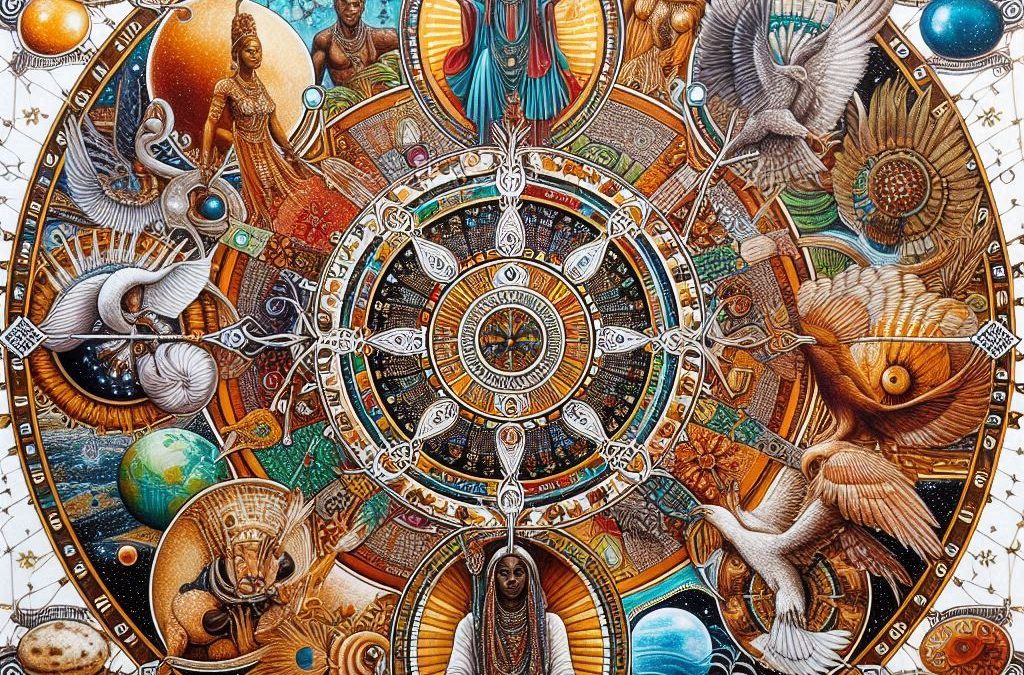Brazil is often regarded as a mystical country due to its unique blend of cultural, spiritual, and natural elements that give it an aura of mystery and spirituality. Several factors contribute to this perception:
1. **Diverse Religious Landscape**
Brazil is home to a wide variety of spiritual and religious practices. While Catholicism is the dominant religion, there are also significant influences from Afro-Brazilian traditions like **Candomblé** and **Umbanda**. These religions involve rituals, offerings, and worship of spiritual entities, often connected to the natural world.
2. **Religious Syncretism**
Syncretism, or the blending of different religious traditions, is a key feature in Brazil. For example, many Catholic saints are associated with **orixás** (deities) from Afro-Brazilian religions. This merging of beliefs creates a unique spiritual landscape where mystical elements from multiple traditions coexist.
3. **Indigenous Spirituality**
Brazil’s indigenous cultures have their own rich spiritual traditions deeply tied to nature. These include belief in spirits and deities that protect the natural world, like the **curupira** and **saci**—mythological creatures rooted in indigenous cosmology. Their presence in folklore and everyday life adds to the country’s mystical image.
4. **The Amazon and Nature**
The Amazon Rainforest, with its vastness and biodiversity, is often seen as a mystical place. Many believe that the forest is home to spiritual beings and healers who possess secret knowledge. Rituals involving plants like **ayahuasca**, a psychoactive brew used in spiritual ceremonies, further highlight the mystical connection between Brazil and nature.

5. **Folklore and Mythology**
Brazilian folklore is rich with mystical figures like the **Iara**, a water goddess, the **Boto**, a shape-shifting dolphin, and the **Boitatá**, a fiery serpent. These mythological creatures, passed down through generations, contribute to a sense of enchantment and mystery surrounding the country.
6. **African Influence**
The African diaspora brought rich spiritual traditions to Brazil, particularly through the practice of **Candomblé** and **Umbanda**. These religions emphasize the presence of spiritual forces and deities that influence daily life, linking the visible and invisible worlds in a distinctly mystical way.
7. **Contemporary Mysticism**
Modern Brazil is also a hub for various esoteric and spiritual practices, such as **Kardecist Spiritism**, a blend of science, philosophy, and religion founded by **Allan Kardec**. Spiritism, along with other spiritual movements, maintains a significant following and keeps the mystical aspect of Brazilian culture alive.
Conclusion
The combination of indigenous, African, and European spiritual traditions, along with the powerful connection to nature, makes Brazil a place where the mystical and the material are intertwined. This blend of beliefs and practices creates a sense of spiritual depth and mysticism that permeates Brazilian culture and identity.






